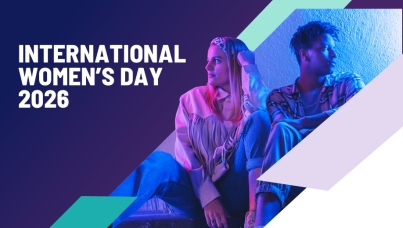Public dialogue on COVID-19 winter preparedness
Ipsos conducted three online public workshops on behalf of the Academy of Medical Sciences to understand public views and priorities for dealing with the potential for a second peak of COVID-19 cases over winter 2020-21.
As some restrictions from the spring lockdown are eased, Ipsos conducted a set of public dialogues to accompany a new report from the Academy of Medical Sciences about the potential danger of a second peak of COVID-19 this coming winter. This presented the public with a scenario for winter 2020 which projected a large increase in cases between November 2020 and March 2021. We asked them what the government and health service should prioritise and communicate to mitigate against this scenario.
Key findings include:
- Participants were clear that if the science suggests a strong likelihood of a second peak in infections then the government should be informing people from now, before the autumn.
- The COVID-tracking app which was trialled on the Isle of Wight remains the strongest association with the idea of track, trace, isolate. As such it is a significant ‘red herring’ for the public and its failure colours perceptions of other parts of the system which may cause issues with compliance. Communications about the system, and the process by which it will work, must move beyond talking about technology.
- Public understanding of risk is limited, but it was understood that some locations and professions have higher transmission risks. Explaining what these are, and highlighting how current controls target them, will help public understanding of the steps that are being taken currently.
- A common request was for the scientific rationale behind specific steps such as the opening of pubs. The groups understand the need to support the economy as well as contain COVID-19, even if they disagree on where the balance of effort should lie.
- The pandemic has created an unusual information environment. Large proportions of the public have been following briefings from just a few public figures – the Prime Minister and chief scientific advisors – at daily briefings. This means the phrases used by leaders matter more than in other circumstances; they will be heard and repeated by a sizeable proportion of the public.
- Judging risk is a complicated process and it is not easy for individuals to weigh up probabilities and apply this to their own behaviour and to public health. The public tend to bring in a moral dimension to thinking about what they, and others, should do. In this circumstance it is easy to create unhelpful stereotypes and create divisions within the public which may ultimately result in reduced compliance with scientific advice.
Technical note:
- Ipsos held three three-hour workshops online with twelve members of the public recruited from across England, Scotland and Wales between 29 June – 1 July 2020. Each workshop had a different focus: one was with the general public; the second with those who had received letters from the Government telling them to ‘shield’ during lockdown; and the third was with people from Black, Asian and minority ethnic groups.
- Given the potentially upsetting nature of the topics discussed in the workshops, the moderating team consisted of researchers who have had extensive training and experience of working with the public and vulnerable people. Additionally, at the end of the workshops participants had a ‘wind down’ section, facilitated by an external mental health expert that discussed common reactions to stress and anxiety as well as positive actions to take to overcome and manage these feelings.



